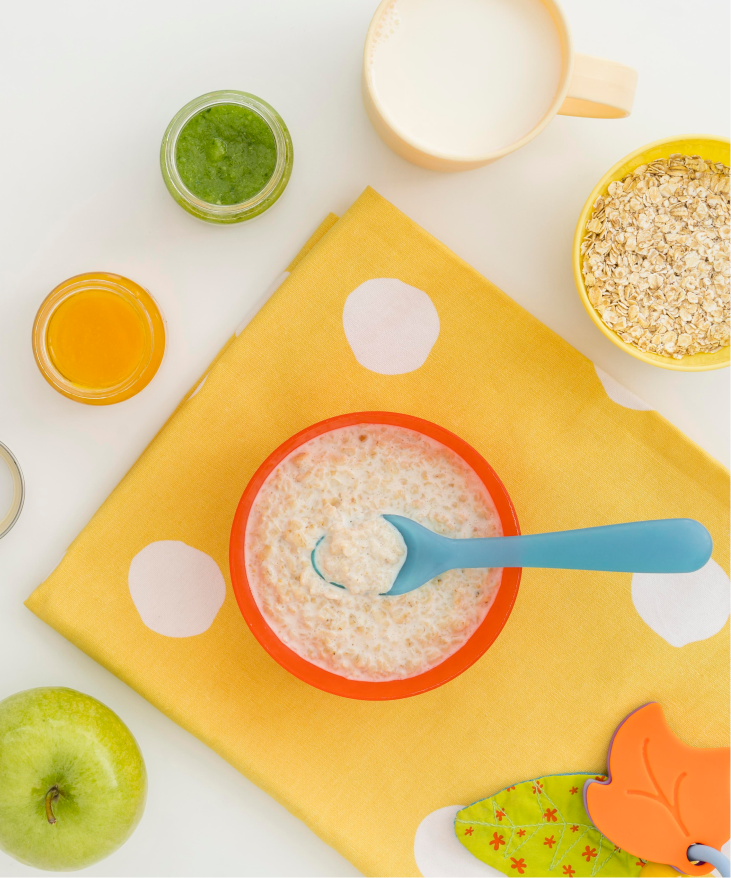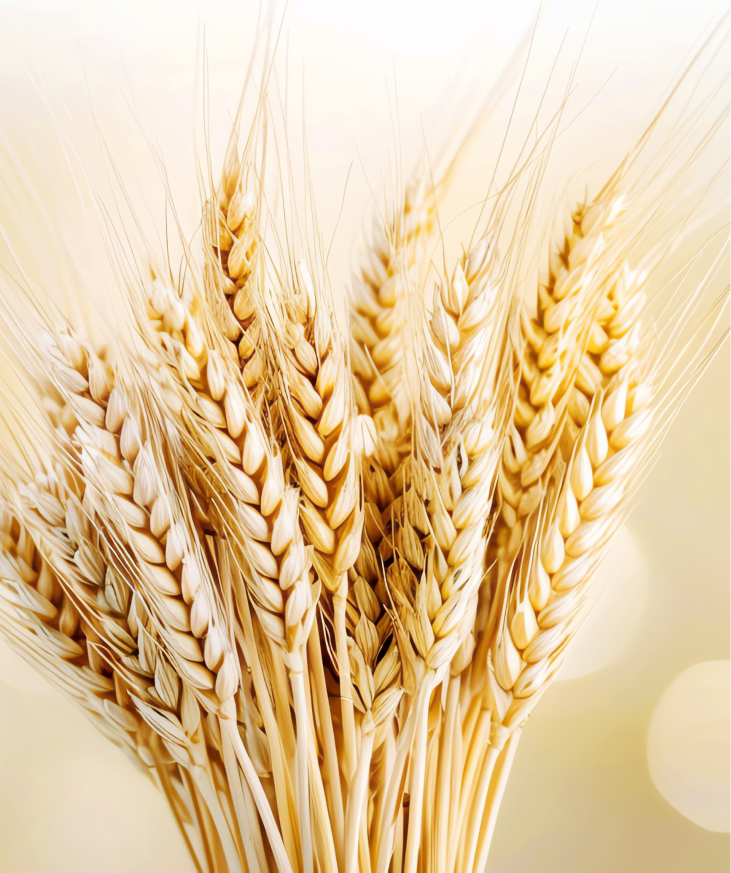Flours for Baby Food: qualities and differences
In the world of food production, the baby food sector represents a particularly delicate and important niche. Today’s parents are increasingly attentive to the quality and safety of the food they offer their little ones, which is why the production of flour for baby food requires a scrupulous and rigorous approach. In this article, we will explore the differences between adult and baby food flours, the importance of raw material quality, quality control processes and certifications, and the nutritional benefits of high quality flours.
Differences between adult and baby food
Cereal and legume-based ingredients for infants also known as baby food have substantial and fundamental differences to those for conventional and organic food for adults.
The most important requirements are:
- They must comply with the analytical limits required by law and therefore conform to baby food as per Presidential Decree 07/04/99 no. 128 and subsequent amendments. In terms of: HEAVY METALS, PESTICIDES, MICROBIOLOGY AND TOXINS.
- Must not contain additives or unverified ingredients be suitable for baby food use.
- They must be Easily digestible: They must be formulated to be easily digestible by the still immature digestive systems of infants.
- Must be rich in essential nutrients: They must provide a balanced intake of vitamins, minerals and other nutrients essential for growth and development.


Importance of raw material quality
The quality of raw materials is crucial in the production of flour for baby food. The raw materials used must be of the highest quality and come from controlled and analysed cultivation.
It is crucial that the cereals and pulses used are grown without the use of pesticides and chemical fertilisers, thus ensuring the absence of toxic residues in the final product. Furthermore, it is preferable to use organic raw materials, which ensure greater safety and less environmental impact.
Traceability is another important aspect. Geovita prefers raw materials that can be traced back to their source, thus ensuring that the origin of any quality problems can be quickly identified. This requires close cooperation with suppliers and strict supply chain management.
Quality Control Processes and Certifications
The production of flour for baby food requires an extremely strict quality control system. Each step in the production process must be closely monitored to ensure that the final product meets the required quality standards.
The main quality control steps include:
- Raw material selection and analysis: each batch of raw material is tested for contaminants and compliance with quality standards.
- Monitoring the production process: during production, regular checks are carried out to ensure that baby food quality standards are met.
- Final product testing: the final product undergoes a series of tests to verify its nutritional composition, absence of contaminants and compliance with product specifications.
Certifications represent an additional level of assurance for consumers. Among the most important certifications for baby food flours are:
- Organic certification: guarantees that the raw materials come from organic cultivation.
- Gluten-free certification: ensures that the product contains no traces of gluten, which is essential for children with celiac disease.
- Food safety certifications: such as HACCP (Hazard Analysis and Critical Control Points) and ISO 22000 certifications, which guarantee that the production process meets high food safety standards.
Nutritional benefits of high quality flours
High-quality baby food flours offer numerous nutritional benefits that are essential for the growth and development of infants.
These benefits include:
- Supply of essential vitamins and minerals: high-quality flours are often fortified with essential vitamins and minerals such as iron, calcium, B vitamins and vitamin D.
- Source of protein and complex carbohydrates: they provide long-term energy and support muscle development.
- Presence of fibre: promotes healthy digestion and prevents digestive problems common in infants.
- Absence of added sugar: high-quality flours contain no added sugar, helping to prevent health problems related to excessive sugar consumption.

In conclusion, the production of flour for baby food requires a constant commitment to quality and safety. Choosing high quality raw materials, implementing strict quality control processes and obtaining the necessary certifications are essential steps to ensure that the final products are safe and nutritionally adequate for our young consumers. Only in this way can we be sure to offer the best to children, supporting their growth and development in a healthy and safe manner.
Discover the quality of Geovita.
Excellent cereals and legumes
for your business!
Discover the quality of Geovita.
Excellent cereals and legumes for your business!
Explore our range of top-quality cereals and pulses, grown with passion and expertise.
We are here to answer all your questions and support your business with tailor-made solutions.
Contact us today for more information!
